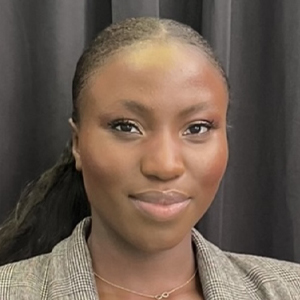Exploring marine science at the cellular level
How do you end up studying how stingray venom affects cancer cells?
For Karlie Tischendorf, it all began when a high school English teacher assigned each student to learn about and present on any topic of their choice. Tischendorf saw this as a blank check to satisfy her curiosity about coral bleaching. After a deep dive into this process, she knew she had to get involved in marine biology.
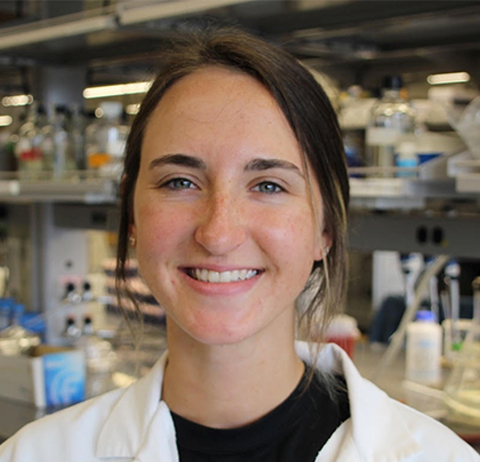
Now a senior at Purdue University, Tischendorf started her undergraduate career as an aquatic science major, but after a few classes, she was unsatisfied — she wanted to understand marine life on the microscopic level. She shared her discontent with her mentor, and after reviewing the possible options and receiving additional guidance from her adviser, Tischendorf changed her major to biochemistry with a minor in aquatic science. She also has a second minor in Spanish.
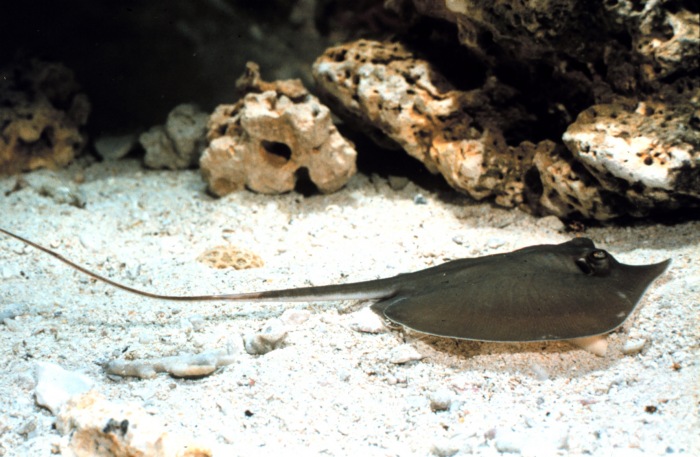
In 2022, Tischendorf spent 10 weeks as an intern at the Mote Marine Laboratory and Aquarium in Sarasota, Florida. Designed in partnership with the National Science Foundation, the Research Experiences for Undergraduates program gives undergraduates a concise and hands-on experience in real-world marine research. She worked with long-time Mote Labs researchers Cathy Walsh and Carl Luer on extracting venom from stingrays. It’s a challenging process; in other organisms, venom is stored in a gland, but stingray venom is stored in tissue cells in the spine.
To learn about the therapeutic potential of compounds in the venom, Tischendorf used a variety of assays to determine how it would affect cells isolated from a mouse with fibrosarcoma, a malignant cancer. While this project still has a ways to go, Walsh said, “The initial results are exciting and gave us the interest to want to continue going further.”
This is one of five research projects Tischendorf has worked on as an undergraduate. Her advice to students interested in science is to find habits that work for them individually, be patient with themselves and beware of making unhealthy comparisons. She also advises, “Say yes to opportunities as they come up because you really don’t know where it’s going to lead you.”
When her adviser encouraged Tischendorf to apply to be outreach co-chair in the biochemistry club — even though she’d never attended a meeting — she followed her own advice. As a result, she met more peers and built meaningful relationships. To this day, she says it was “one of the best things that could have ever happened.”
Similarly, she said changing her major to biochemistry was “a shot in the dark.” But that shot led her to a plethora of experiences, each preparing her for her next opportunity. After her graduation in May, Tischendorf said she’ll take a gap year before applying to Ph.D. programs that allow her to delve deeper into marine ecotoxicology. She’s also been working toward her scuba certification so she can spend time diving around St. Kitts and Nevis as well as Turks and Caicos.
Enjoy reading ASBMB Today?
Become a member to receive the print edition four times a year and the digital edition monthly.
Learn moreGet the latest from ASBMB Today
Enter your email address, and we’ll send you a weekly email with recent articles, interviews and more.
Latest in People
People highlights or most popular articles

Building a stronger future for research funding
Hear from Eric Gascho of the Coalition for Health Funding about federal public health investments, the value of collaboration and how scientists can help shape the future of research funding.
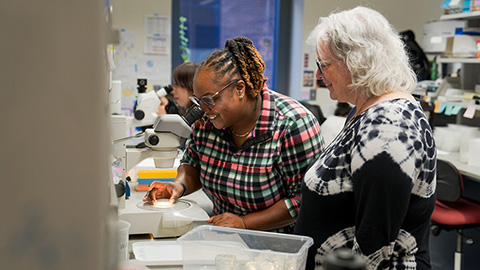
Fueling healthier aging, connecting metabolism stress and time
Biochemist Melanie McReynolds investigates how metabolism and stress shape the aging process. Her research on NAD+, a molecule central to cellular energy, reveals how maintaining its balance could promote healthier, longer lives.
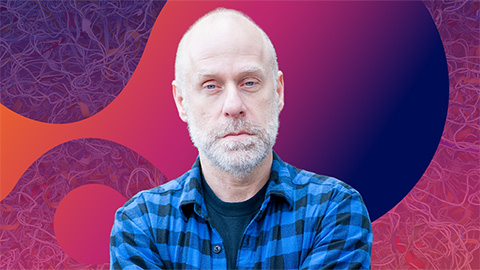
Mapping proteins, one side chain at a time
Roland Dunbrack Jr. will receive the ASBMB DeLano Award for Computational Biosciences at the ASBMB Annual Meeting, March 7–10, just outside of Washington, D.C.

2026 voter guide
Learn about the candidates running for Treasurer-elect, Councilor and Nominating Committee.
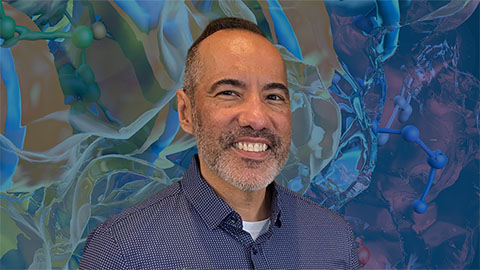
Meet the editor-in-chief of ASBMB’s new journal, IBMB
Benjamin Garcia will head ASBMB’s new journal, Insights in Biochemistry and Molecular Biology, which will launch in early 2026.
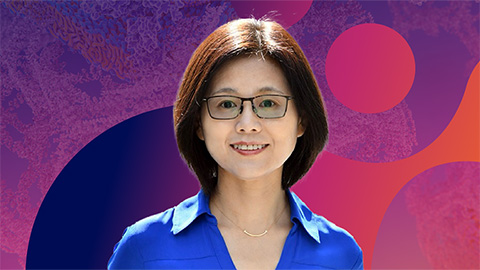
Exploring the link between lipids and longevity
Meng Wang will present her work on metabolism and aging at the ASBMB Annual Meeting, March 7-10, just outside of Washington, D.C.

